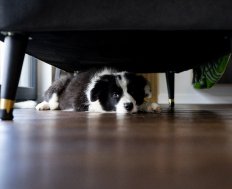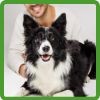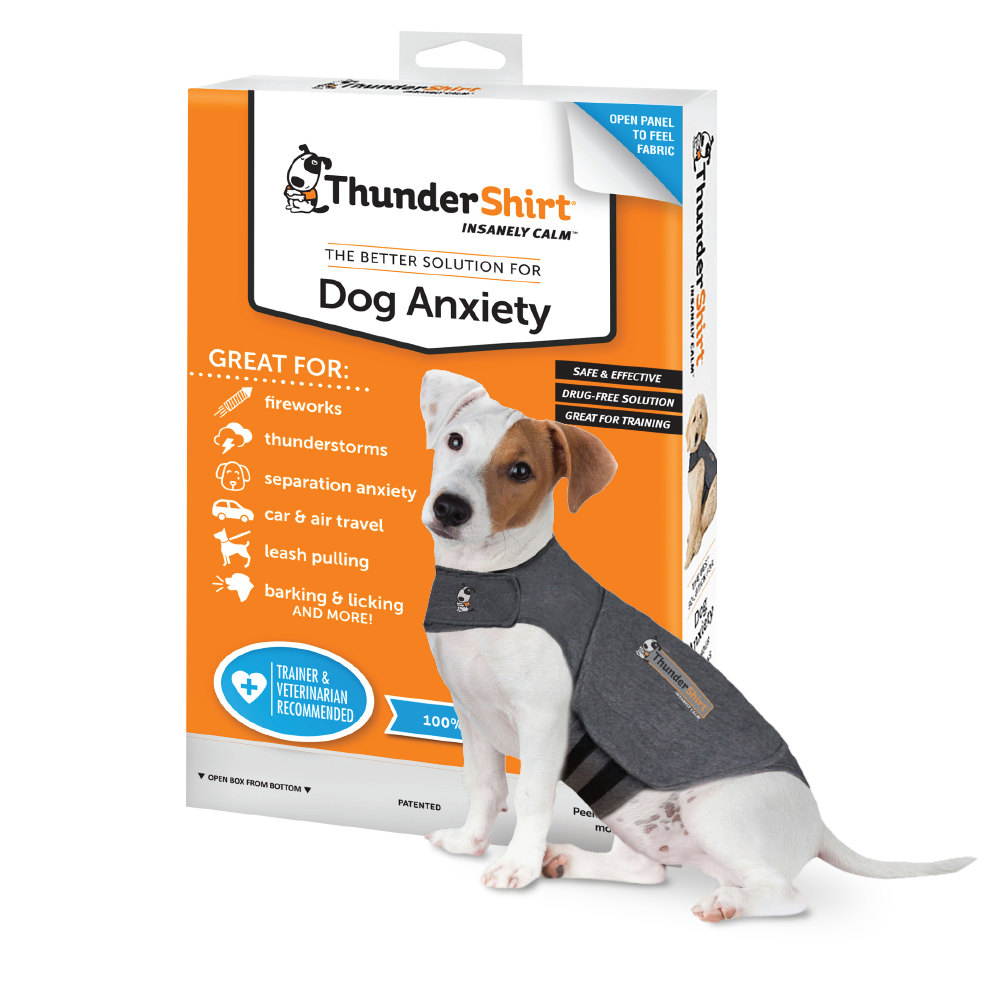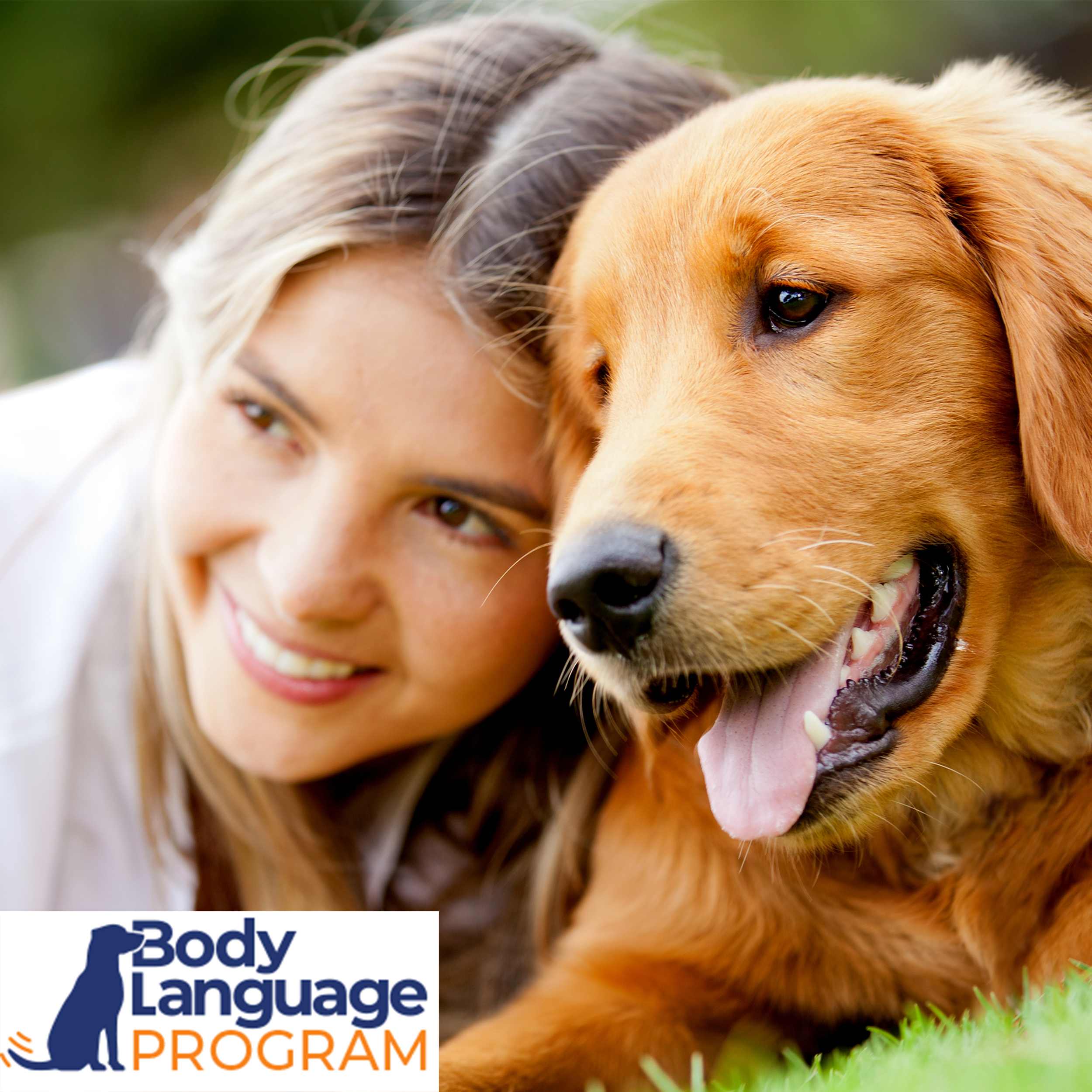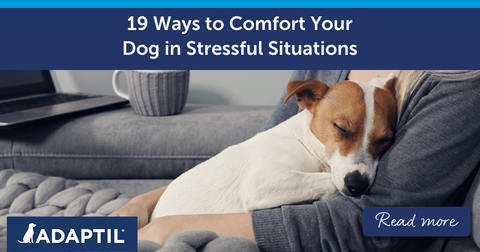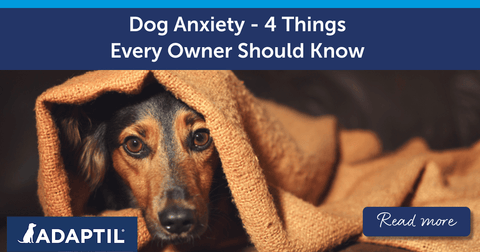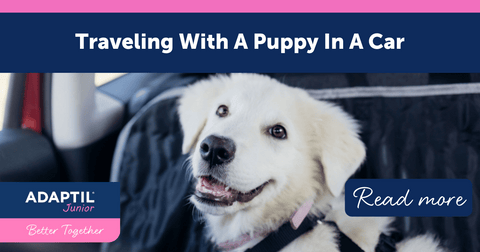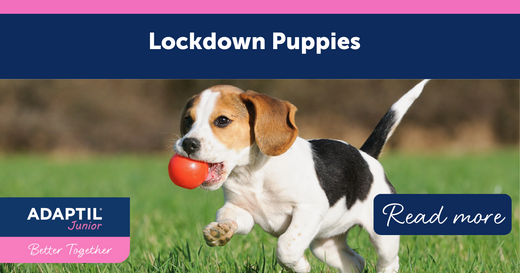
Lockdown puppies
There's no doubt that the pandemic has caused a real Puppy Boom which, for many new owners, has provided real enjoyment to help them through lockdown. However, it has been a strange time for rearing a puppy in terms of what they have or haven't been exposed to compared to a puppy being raised in 'normal' times:
Puppies are left alone less than most puppies would be during a normal routine
Owners are rightfully concerned about the impact this will have on their puppy, particularly as they get older and life starts to return to normal.
Whilst we do want to try to minimise the potential for problems later on in life, there's also no reason to panic about life after lockdown. Young puppies require a secure attachment base in order to gain independence and be confident about being left home alone. Having an attachment figure available during the first few formative weeks can actually be more beneficial than leaving a young puppy before they have fully bonded and settled into their new home. It is also likely that for many people, the return to work will be a gradual process rather than a sudden overnight change. However, it is still important to encourage independence when you are home as much as possible and practice short periods of separation both within the home and when you pop to the shops, as long as your pup does not exhibit distress when you do so.
Children are home a lot more
A quiet, comfortable area away from children in the home and with strict instructions for the kids to leave the pup alone when they are settled will help prevent negative interactions from occurring. Teaching children to invite the dog to them (rather than giving the dog no choice about their affection), ensuring the dog always has a way out of an interaction (is never cornered or hugged with two arms), leaving the dog alone when sleeping, eating or chewing, and avoiding face-to-face contact will all ensure the relationship remains harmonious.
Not experiencing visitors coming to the home as often
Associate a knock at the front door with something tasty being thrown into your puppy's bed, so that they form a positive association with someone being at the door. Try to avoid your puppy learning that barking gets people to retreat from their territory this might mean preventing them having visual access to people passing the house (through windows) or greeting delivery people at the front door by barking (they think their barking causes the person to hand over the parcel/post and quickly retreat). When visitors can start to enter the home, your dog will already feel ok about the initial arrival.
Having to be handed over at the vets rather than having their owner go in with them
Your vets will do everything they can to ensure your puppy's experience is as positive as possible, and many are even reporting that dogs are finding trips to the vets a bit easier without their owner with them. This might be because our anxiety can be transferred to the dog. Speak to your vet in advance if you are particularly concerned and they can devise a plan to help make the visit as stress-free as possible.
Face-to-face puppy classes are off the agenda
Whilst face-to-face group puppy classes might not be running at the moment, puppy classes are still running (very effectively) remotely! Many trainers are reporting these as actually being more successful than the normal class format. They allow you to chat through puppy difficulties with a qualified professional and allow your puppy to learn in an environment they are most relaxed.
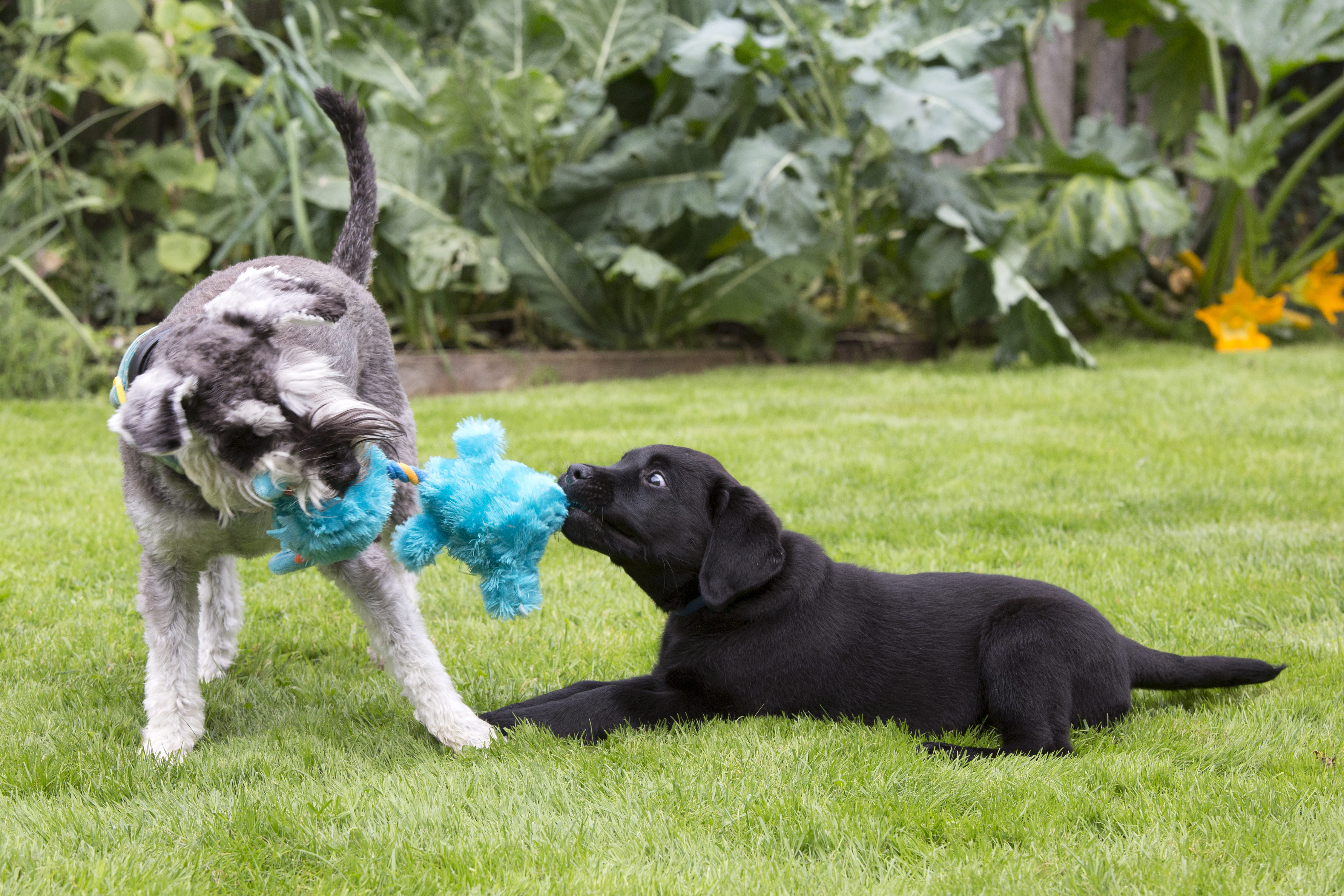
Less opportunity to introduce the puppy to new people and dogs
On walks, the most important thing you can teach your puppy is that YOU are the most interesting and important part of their walk. Other people and dogs are nothing to be afraid of, but we equally don't want them being distracted by them and not listening to you. So take all the advantages of social distancing and work on your puppy being able to respond to you in the presence of other people and dogs on walks, rather than learning to run across the park to jump on unfamiliar dogs because they are far more fun than you are
Blog written by Rosie Bescoby.
Rosie Bescobyis a Certified Clinical Animal Behaviourist with a degree in Psychology and Zoology and a Post-Graduate Diploma in Companion Animal Behaviour Counselling, based in and around Bristol and North Somerset. Rosie is a full member of the Association of Pet Behaviour Counsellors, a member of the Association of Pet Dog Trainers, and registered as both a Clinical Animal Behaviourist and as an Animal Training Instructor with the Animal Behaviour and Training Council. For more information please visit:www.pet-sense.co.uk


